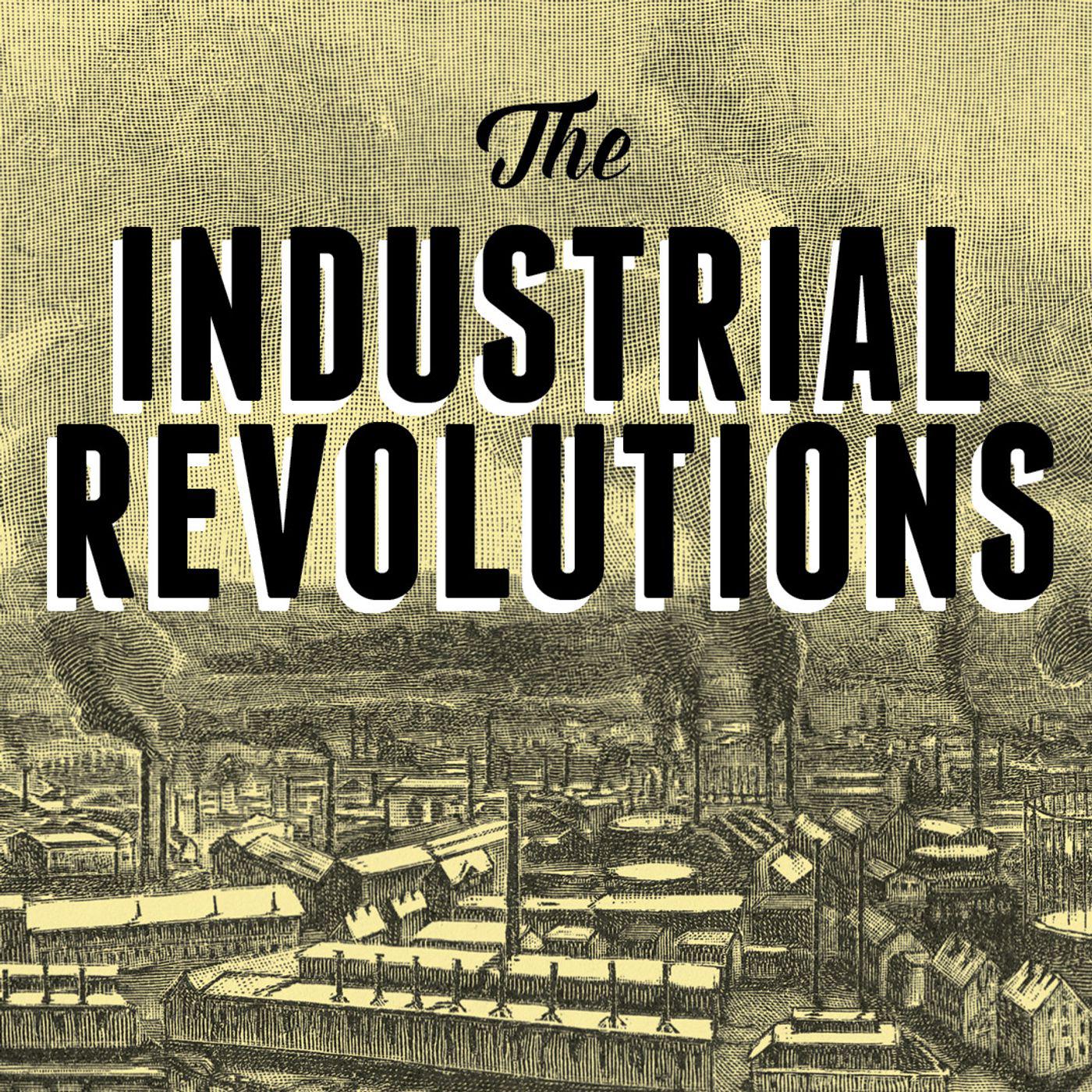A guest episode from the podcast
History Daily! As we discussed back in Chapter 52, the new railroads played a major role during the U.S. Civil War. About a year into that war, a band of Union spies stole a train to sabotage the Western & Atlantic Railroad, a vital supply line at the heart of the Confederacy.
Please be sure to check out
History Daily. Every weekday, host Lindsay Graham (
American Scandal, American History Tellers) takes you back in time to explore a momentous event that happened ‘on this day’ in history. It covers a broad mix of history, including medicine, science, technology, religion, politics, sports, and more. And it’s a more bite-size podcast than the Industrial Revolutions – each episode is about 20 minutes – making it suitable for your daily commute.
https://www.historydaily.com/